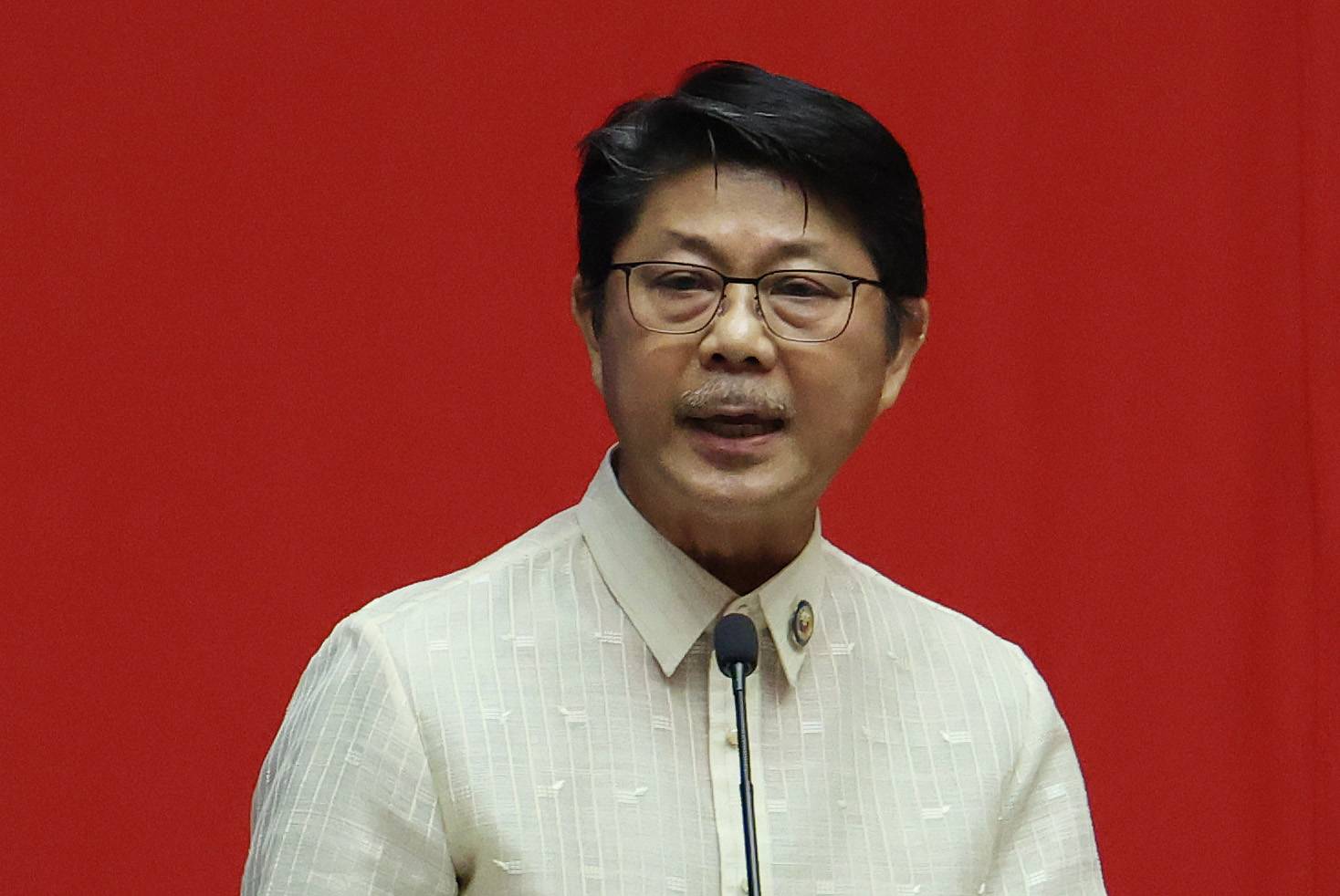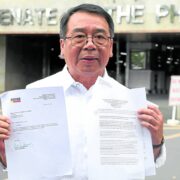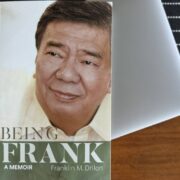Akbayan-backed bill may test Dy’s vow to push antidynasty law

The Akbayan bloc in the House of Representatives has filed a bill seeking to ban political dynasties, in a test of Speaker Faustino “Bojie” Dy III’s promise on Tuesday to pursue the politically game-changing legislation under his leadership.
Dy, who himself comes from a political dynasty in Isabela, has two years before the 2028 national elections to make good on this vow and lead the House in passing the measure amid rising public indignation over government corruption.
On Wednesday, Akbayan Representatives Chel Diokno, Perci Cendaña and Dadah Kiram Ismula, as well as Dinagat Islands Rep. Arlene “Kaka” Bag-ao, filed House Bill No. 5905, which seeks to clearly define dynasties and the prohibited filial relationships among candidates and elected officials.
While political dynasties are banned under Section 26, Article II of the 1987 Constitution, there has yet to be an enabling law to enforce the prohibition, which “allowed the continued concentration of political power within families, undermining the spirit of democracy and the constitutional principle of equal access to public office,” the authors said in the bill’s explanatory note.
If passed, the bill would bar any person related within the fourth degree of consanguinity or affinity to an incumbent elective official from holding or running for any elective office, whether national or local, unless the incumbent official is ending his or her term within the same election year.
HB 5905 sets a higher bar compared to that set by antidynasty bills filed in previous Congresses, where the proposed limit was only up to the second degree of consanguinity.
‘Real dragons’
The bill’s authors said it aims to open democratic spaces, broaden leadership, and give reform-oriented leaders a fair chance to serve in government.
Bag-ao, known as a “dragon slayer” who defeated four members of a local dynasty in Dinagat Islands, said “ordinary Filipinos shouldn’t have to fight political dynasties just to serve their communities. They’re not the real dragons that need slaying.”
“For me, the real dragons are poverty, inequality, and underdevelopment. This bill ensures that capable leaders from communities can tackle those challenges without being blocked by inherited power.”
Bag-ao said the bill is based on the same principle behind Republic Act No. 10742, or the Sangguniang Kabataan (SK) Reform Act of 2015, which she authored to prevent cases of “inherited” positions in the local youth council.
‘Not an heirloom’
“The principle behind this bill is not new,” she said. “We’ve already ensured that SK leadership isn’t inherited. It’s time to do the same across all levels of government.”
The bill was filed a day after Dy called on the chamber to finally take up the antidynasty bill to help restore public trust in government.
In a speech before the plenary on Tuesday, the first working day of the House after a monthlong break, the Speaker said it was time for Congress to fulfill its long-overdue mandate under the Constitution by banning political dynasties as may be defined by law.
“I know that many will raise their eyebrows at this discussion. And I will admit that I know many eyes are on me,” said Dy, alluding to his own political clan.
“I do not deny this, because I believe that public service is not an heirloom but a public trust. And in truth, while I do have several family members who now hold public posts, I also have members who lose in elections,” Dy said.
Dy made the call as the Marcos administration continued to deal with widespread outrage over the public works corruption scandal, where several lawmakers, department officials and private contractors now face criminal charges.
Dy dynasty
In an Inquirer interview, Ona Caritos, executive director of election watchdog Legal Network for Truthful Elections, said it was the first time that a top House leader expressly made a push for antidynasty legislation, which had never gained traction in previous Congresses.
Antidynasty bills have been filed in nearly every Congress but never advanced beyond the committee level, she said, bogged down by debates over definitions and degrees of kinship.
Such measures consistently ranked among the top 10 perennially filed bills in Congress related to electoral reforms, Caritos said.
That Dy himself comes from a dynasty makes the development more significant, she added.
In his statement of assets, liabilities and net worth which Dy recently made public, the Speaker also named at least 16 relatives currently in government, including his son Faustino “Inno” Dy V, who is now Echague town mayor, and nephews Ian Paul and Michael Dy who are both Isabela congressmen.
Caritos said public outrage over the flood control scandal may have influenced the Speaker’s pronouncements.
“There is anger among our people about the flood control issue and corruption in government,” she said. “One of the reasons people see is the lack of accountability and of checks and balances, which is because of political dynasties. The flood control scandal all points to political families as one of the causes of this massive problem.”
2-year window
Passing an antidynasty law has been difficult since “80 to 90 percent of our lawmakers are from dynasties,” she said.
Caritos suggested that legislators adopt the same standard used in the SK reform law, which bars relatives up to the second degree of consanguinity or affinity from running simultaneously.
“That’s a good definition we can start with,” she said. “It doesn’t have to stray far from what we already have, though we should learn from how some have skirted the rule, like when a relative resigns just before filing of candidacies.”
Congress must move quickly within the two-year window before the 2028 national elections, she said. “We hope the House makes it as simple as possible … Even though there’s movement in the House, if there’s no counterpart in the Senate, then again it will never see the light of day.”

















